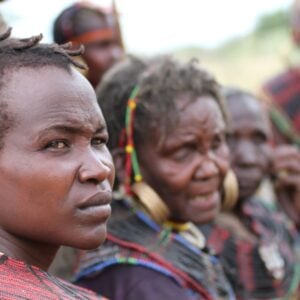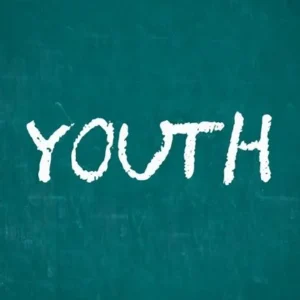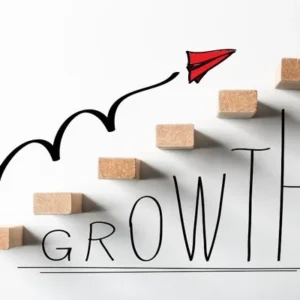Kenya is positioning itself as a global leader in artificial intelligence (AI) and digital governance training for civil servants through the launch of a new Massive Open Online Course (MOOC). Developed in collaboration with UNESCO, the University of Oxford, and the Kenya School of Government (KSG), the course is designed to equip public officials with advanced skills to lead ethical digital transformation and deliver efficient, citizen-centered services.
Announcing the initiative, Eng. John Kipchumba Tanui, Principal Secretary for the State Department of ICT and Digital Economy, emphasized that the program will strengthen Kenya’s capacity to integrate innovation and digital ethics within public administration. The course, delivered through the KSG, aims to prepare public servants to responsibly govern digital platforms while ensuring human rights and data protection.
The training program is a flagship initiative under the DigiKen – Digital Platforms Kenya programme, a 36-month project funded by the UN Joint SDG Fund and led by UNESCO in partnership with the United Nations Capital Development Fund (UNCDF), UNEP, and UN Women. It operates under the oversight of the UN Resident Coordinator in Kenya and the Ministry of Information, Communication and the Digital Economy (MOICDE).
Tanui explained that the new course directly supports Kenya’s Digital Masterplan 2022–2032, which seeks to digitize 80% of government services, expand the national fiber optic network by 100,000 kilometers, and provide nationwide public Wi-Fi coverage. He stressed that achieving these goals requires not only technological investment but also skilled and ethical digital leadership capable of building public trust and safeguarding citizens’ personal data.
Grounded in UNESCO’s AI and Digital Transformation Competency Framework for Civil Servants, the self-paced, six-week course covers critical topics such as AI foundations, data governance, human rights and ethics, inclusive service design, and digital leadership. Participants who complete the program will earn a joint certificate from the University of Oxford, UNESCO, and the Kenya School of Government, enhancing their professional standing.
The first cohort for Kenyan participants will begin in October 2025, with a global rollout planned for November 10, 2025. By 2027, the program aims to train over 20,000 public servants nationwide through the UN Joint SDG Fund initiative. Tanui described the MOOC as a key step in fostering visionary and ethical leadership aligned with international standards in digital governance, reinforcing Kenya’s twin goals of digital competence and integrity-driven leadership.
He also called on public officials from ministries, departments, agencies, county governments, and commissions to enroll in the program through the Kenya School of Government platform. By acquiring these skills, he said, Kenya’s public sector will be better equipped to lead a transparent, accountable, and inclusive digital transformation that promotes prosperity and trust across society.







